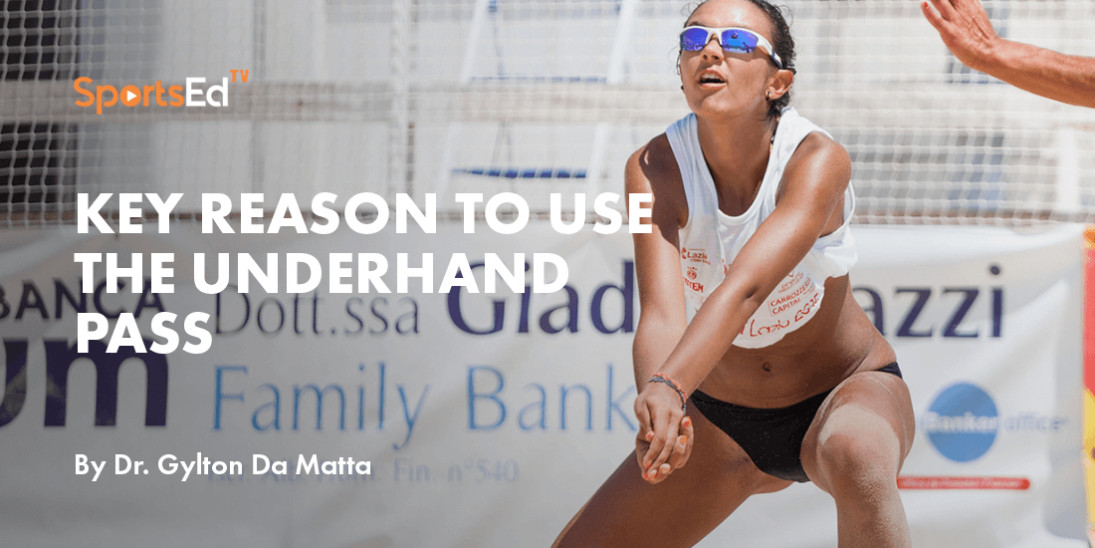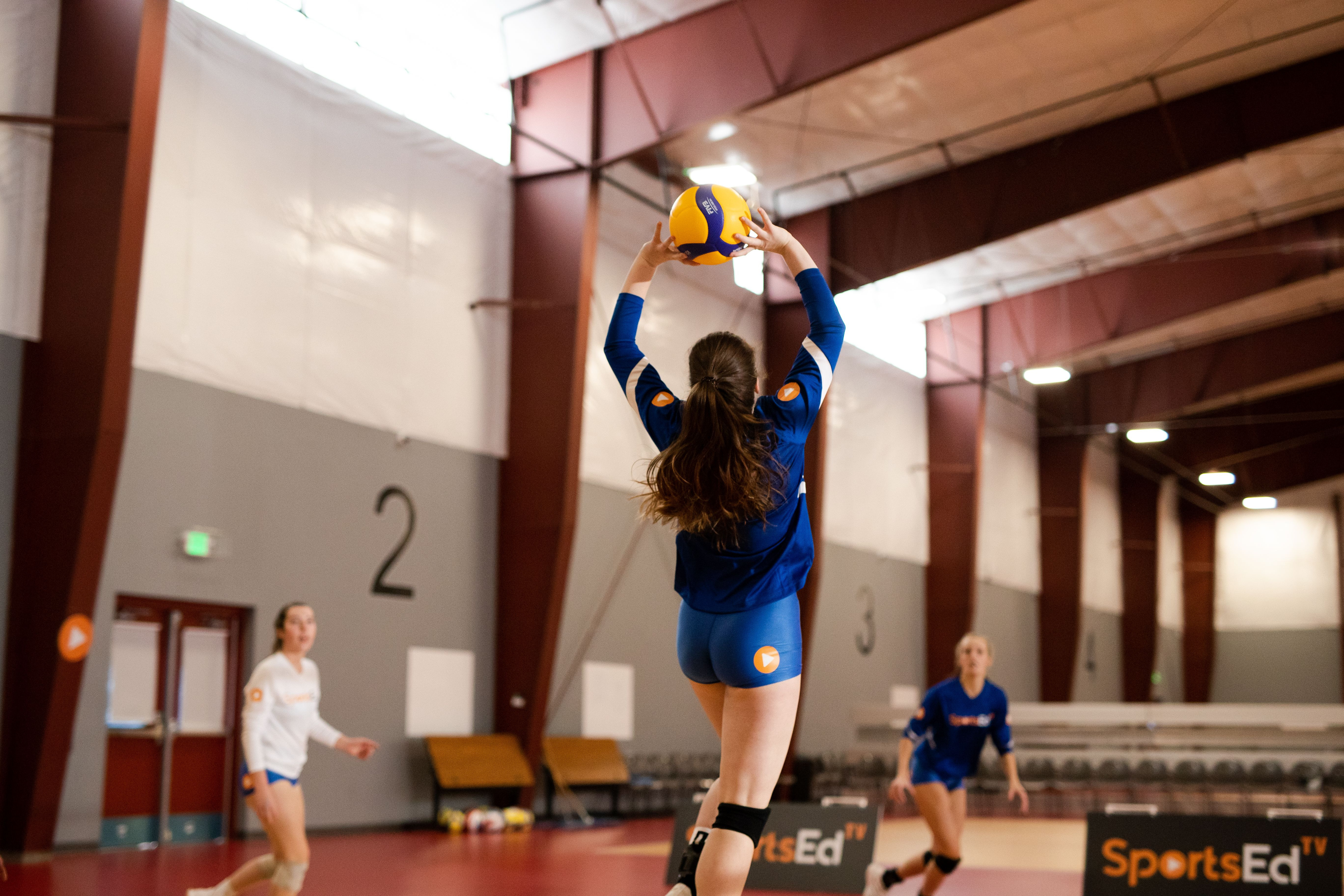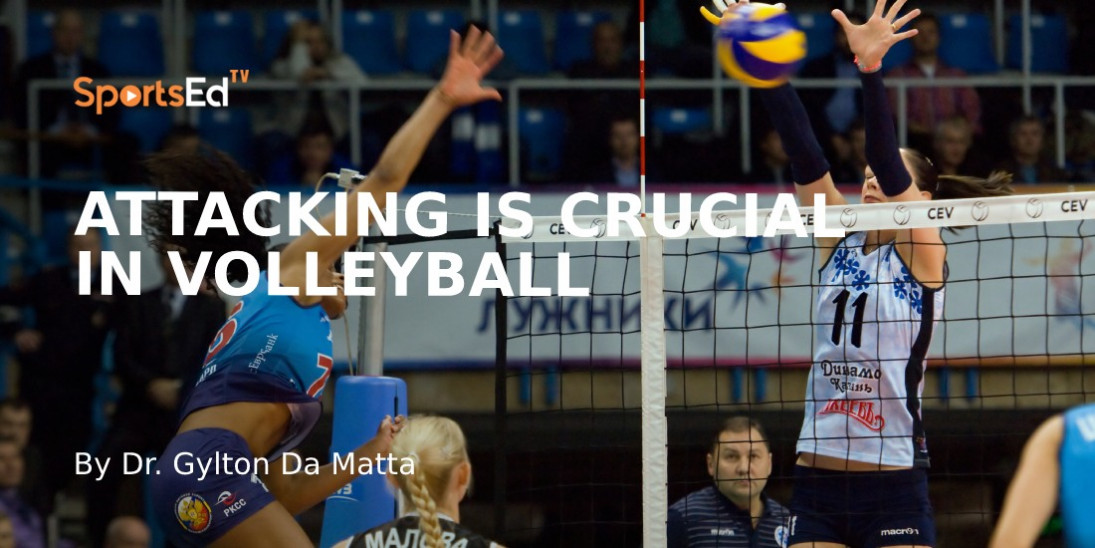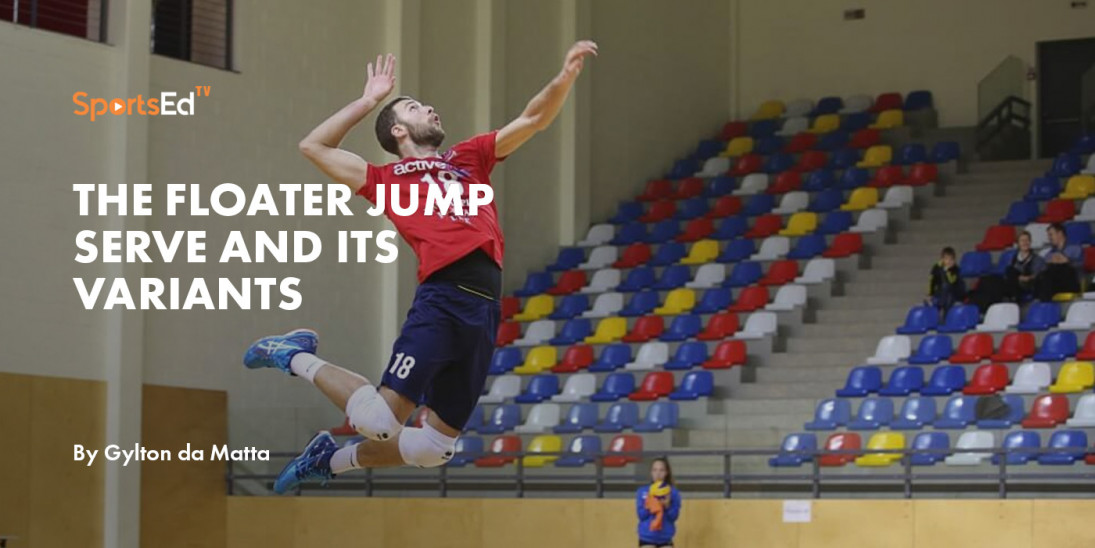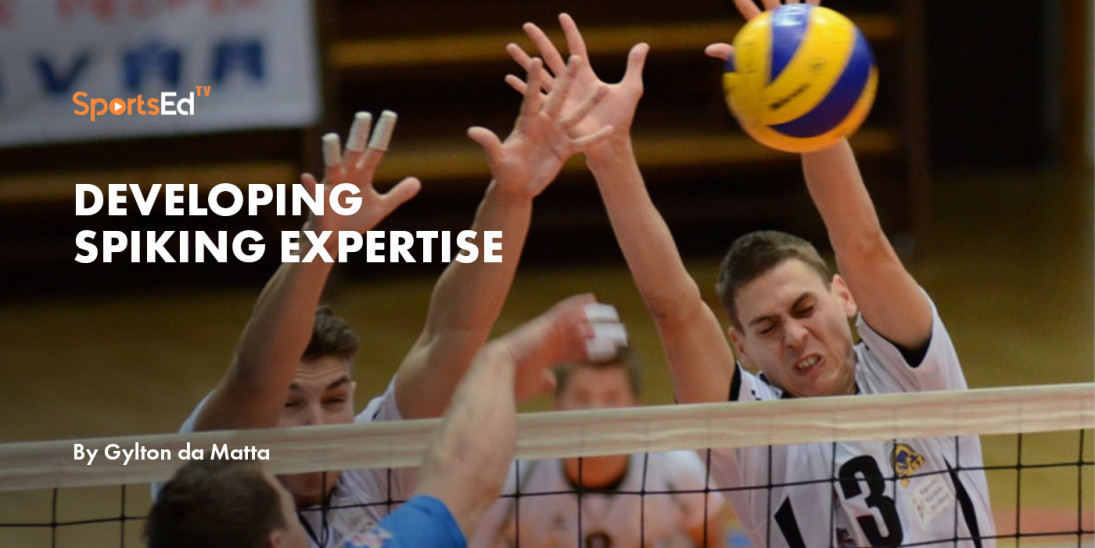Volleyball
Welcome and thanks for visiting...

Sharing is Caring: The Social Construction of Knowledge Through Sports Research and Conferences
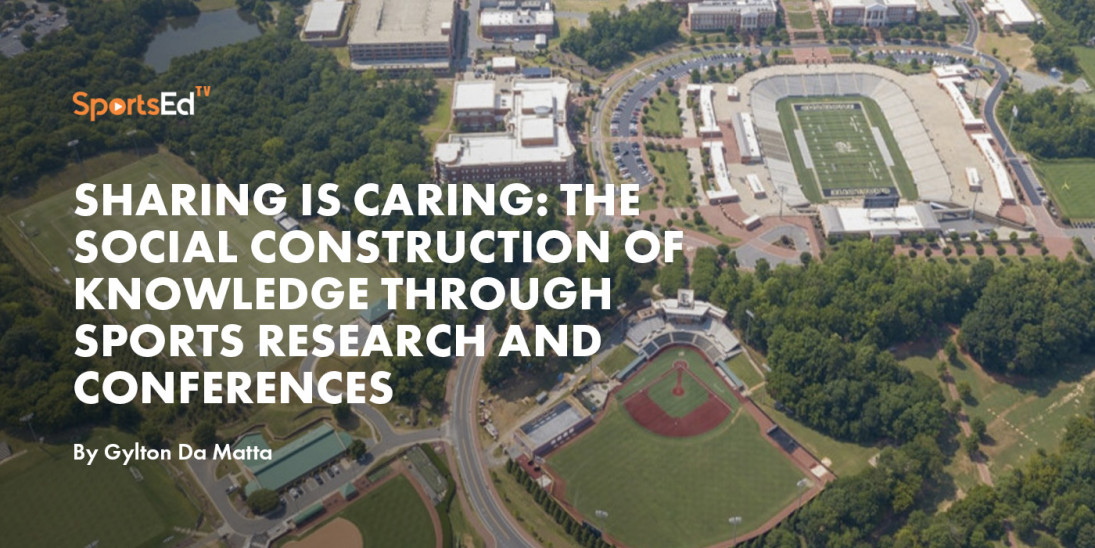
It is impossible to deny the role of academic research in the development of knowledge in a field like Sports Sciences. However, like many fields, all too often, the information produced from research stays somewhat siloed among academics instead of being made accessible to the public. In practical terms, those who could benefit most from the implications of academic researchers – coaches and players – may not have access to it. Even if they do, they may not have the time or expertise to comb through academic journals to locate the information that they need.
One of the goals of SportsEdTV is to share knowledge and expertise from the highest levels of coaching and research around the world. SportsEdTV followers benefit from the video and text content on this site because it is curated into manageable segments that even the busiest coaches and players can find time for. However, in addition to the access of content on SportsEdTV, we believe that coaches and athletes should also be attending professional conferences to further increase their knowledge and share their insights back to researchers. We believe it is vital that coaches and researchers attend professional conferences where knowledge can be shared, questions can be raised, and connections can be formed. For instance, Dr. Da Matta has elaborated on a spike progression that can improve technical capacity and prevent injuries in volleyball.
Sharing knowledge is an act of demonstrating caring for our field. In practical terms, many coaches do not have time to read research and many researchers need to share the results of scientific research with their community of practice. During our conferences we are open for new possibilities and solutions of sports challenges in our 21st Century. We, Dr. Da Matta and Leandro, have had the opportunity to work together on some projects, but they all have a single purpose to share knowledge acquired through scientific research. Although we have no laboratories in a secret section of the subway, doing research in sports can be a lonely process. Therefore, the conferences become an important part of our social life and also of the process of social construction of knowledge. But it is equally important to make sure that this knowledge is brought back into the people who can put it into practice, the wider community.
In the very competitive environment of volleyball, coaches often live isolated in their own bubbles. Dr. Da Matta mentioned how he has on many occasions done lectures, consulting, seminars and even organized informal “coaches’ conversations” to promote dialogue among coaches. Similarly, volleyball writers need to connect and create communities of practice through teaching materials that are easy to see and to understand. Because of this reality, we have sought to produce instructional videos based on the academic knowledge generated at universities to share with the followers of SportsEdTV. We must continue the effort to bring theory into practice and practice into theory!
Sharing knowledge is a democratic act!
For instance, at SportsEdTV we share all content freely. We understand that there are a lot of disinformation and misconceptions on the internet pertaining to sports. Therefore, without judging anyone, we produce videos, blogs, and social media insights with the purpose the shed some light into some challenging issues. For example, for many years, it has been said that massed practice is not beneficial for teaching/learning in volleyball. So, Dr. Da Matta and Leandro studied why and why not this would be the case! After two years of investigation, we found that it was not true. In “Massed Practice for Learning Closed Skills,” the repetition of learning tasks was more effective than the distribution approach. Moreover, when we analyzed “what factors determined victory” in collegiate athletics, the transition I or side out, was the main factor. So, why are there so many coaches dedicating 70% or more of their practice time, training transition II? These counter-intuitive findings will help lots of coaches across the world inform their approach to structuring practices.
Both at SportsEdTV as well as in the research presentations, the material developed elicits new ideas and constructs new ways of thinking for professional intervention in the practice of volleyball teaching. In 2021, we participated in three world-renowned national conferences, and we have applied much novel research in a proposal for the 2021 AVCA Convention.
Participation and giving a presentation at a conference is the final product of the work of organizing the inquiry process of a volleyball topic or research question. Once the research question is defined, coaches and researchers select a theoretical framework, review the literature, design the intervention, collect and analyze the data, and finally write the scientific conclusion. We always hope that the conclusion makes progress toward an answer to the research question. At a conference, the results are made public, and this allows them to be evaluated by peers from the scientific and general community, providing new ideas for further steps for new investigations. The conferences we attended throughout 2021 were: 1) National Association for Kinesiology in Higher Education (NAKHE), 2) SHAPE America National Convention & Expo, and 3) North American Society for Psychology of Sport and Physical Activity (NASPSPA).
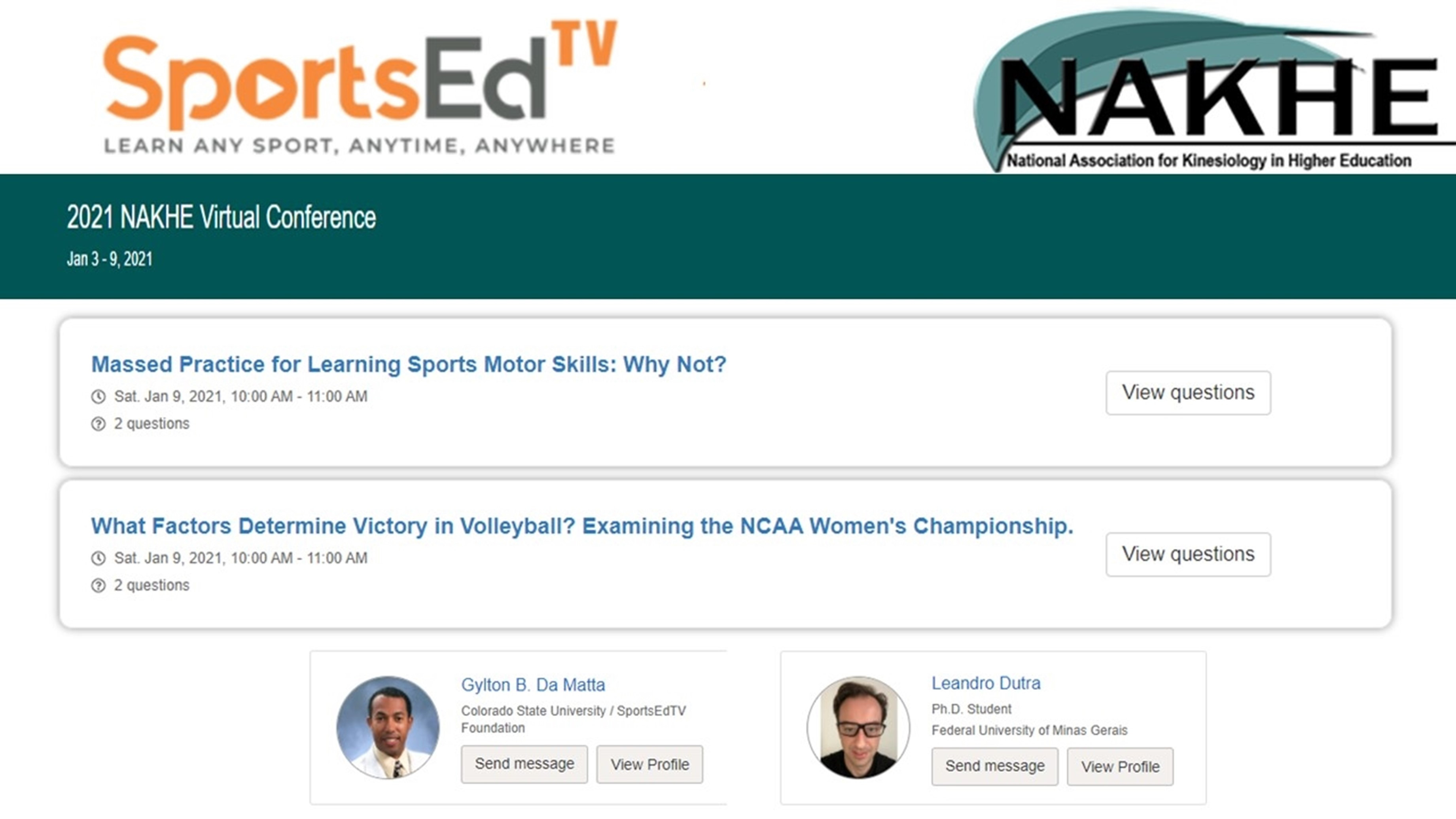
Figure 1. Check it out! How cool was our presentation at the NAKHE conference?
Dear friends, take a look at the title in our figure 1. What do you think about our approach? Would you like to contribute and give your feedback? We are open to hear your voices! Honestly, we had a great time presenting these topics and we learned a lot from the comments and thoughtful insights of other attendees.
Another important role of professional conferences is networking. The exchange of information about the knowledge produced develops partnerships between institutions such as the University of Nebraska-Lincoln (UNL, USA), the Federal University of Minas Gerais (UFMG, Brazil), and Colorado State University (CSU), and build professional relationships for a lifetime. In one hand, in search of scientific knowledge, practitioners and scientists travel globally; therefore, in these conferences, we find people all from over the world. In addition, to encourage people to interact in search of solutions for new practical implications, attending conferences is so much fun and many organizations provide visits to national parks, exotic places, and tourist destinations as part of the conference experience. On another hand, participating in an academic exchange program can be an opportunity of a lifetime. An example of this was my (Leandro) experience as an international student at the University of Nebraska-Lincoln for which I send my sincere gratitude for all my personal experiences, and the hospitality provided by Dr. Chris Bach Director of the Nebraska Athletic Performance Laboratory (NAPL).
Through the participation on this collaboration, Leandro had the opportunity to get to know Dr. Da Matta and also in a given day Leandro was analyzing video in the Lab and was introduced to John Cook, the Head Coach of the Nebraska Volleyball program. John Cook collaborated and mentored Leandro during his exchange, and thus they become friends. This connection between people has allowed, for instance, John Cook to give us feedback and write the preface to the book 21st Century Volleyball Expertise that will be soon published by SportsEdTV in 2021. Conferences, like volleyball, bring people together!
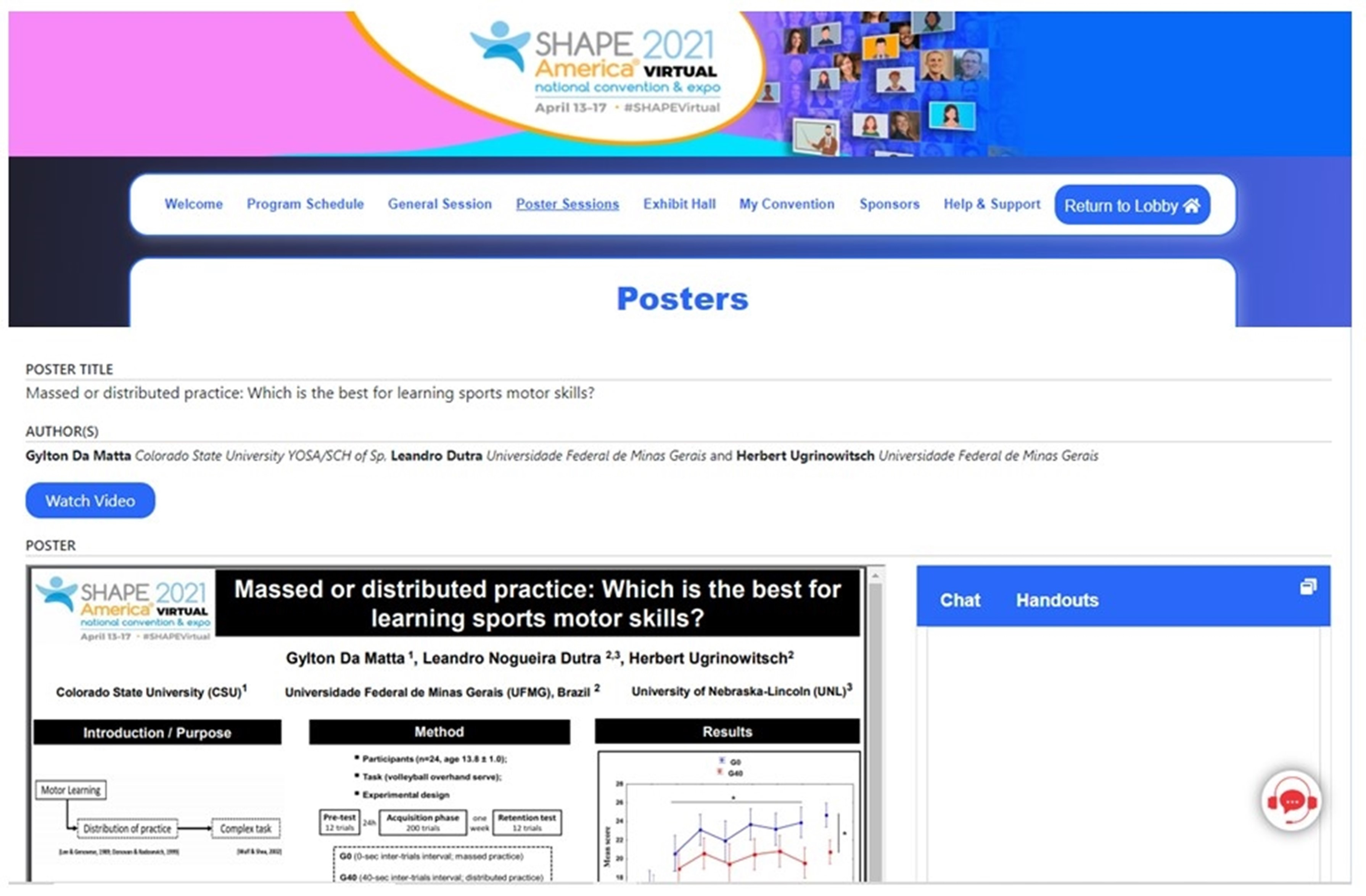
Figure 2. Reflection and discussions among participants of relevant topics in volleyball, another fun presentation presented at the SHAPE America conference. We attended more than 12 other lectures!
Make no mistake, some of the best lectures happen during coffee breaks and happy hours. Moreover, it is amazing getting to know how humble and how sincere the top researchers, coaches, and athletes are. For instance, in many of our Facebook posts, athletes and parents from all over the world were asking how to jump higher and more efficiently. We found that developing a good rhythm, coordination and using the arms were the most important factor in jumping to spike in volleyball and in serving, which we were able to share with our Facebook followers. Then, after receiving lots of feedback on our study, we analyzed our data and reported the use of massed practice in complex skills. Please, look at our themes below. Those studies were presented at NASPSPA 2021. It is impossible to express how much we have learned by attending the wonderful presentations of our colleagues from programs around the world.
Be sure to bring your humility and a notepad – you are going to have to question what you think and what you know, but you are going to learn so much!
At the end of the day, it is all a humbling experience!
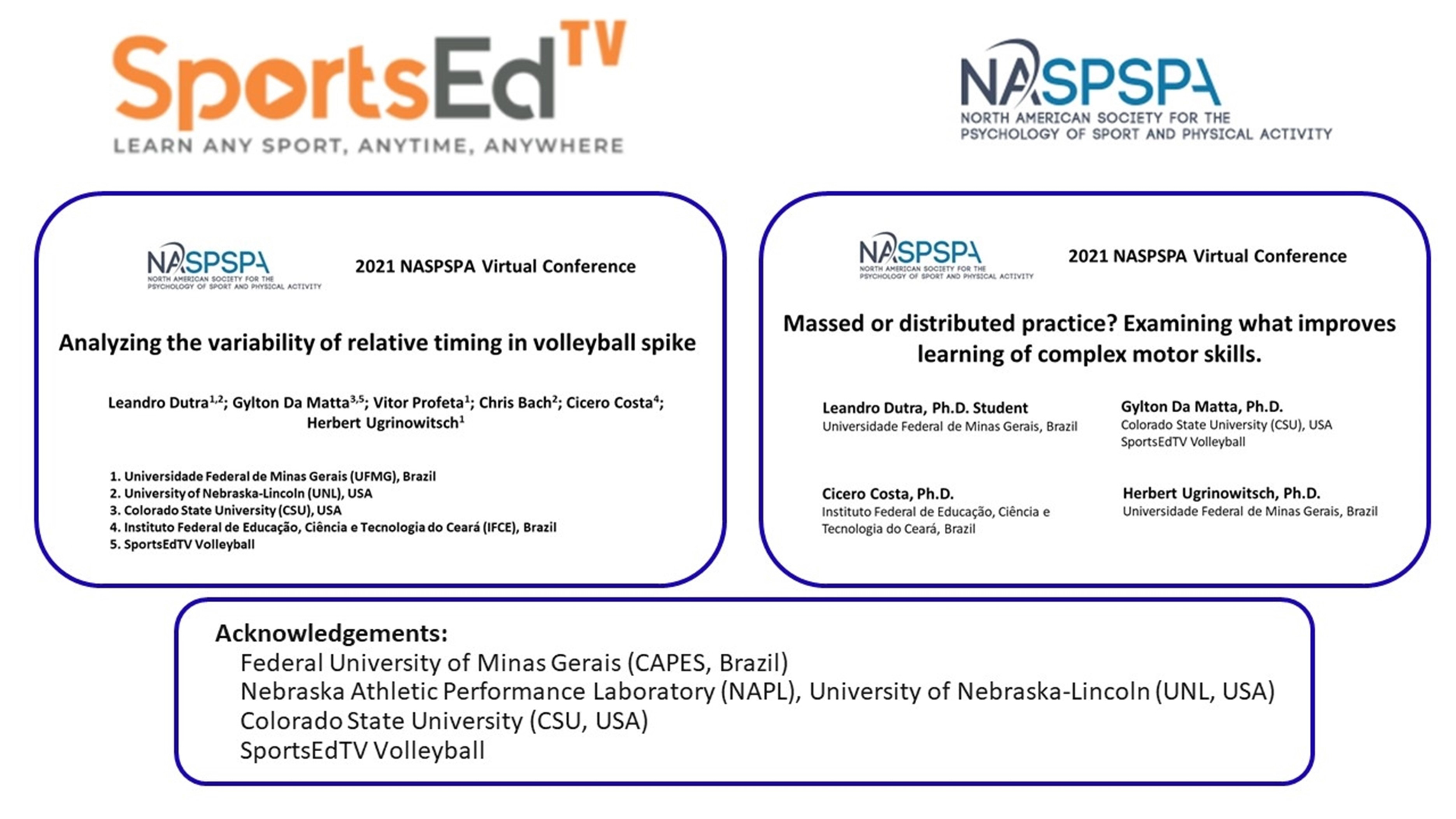
Figure 3. Scientific works presented at the NASPSPA conference.
Researchers, keep doing what you are doing! Coaches and athletes, don’t miss your chances to attend conferences to learn, grow, and participate in the generation of knowledge within your community. Scientific knowledge can guide better decision-making for volleyball teaching. Furthermore, we want to encourage the development of partnerships among volleyball programs and universities worldwide.
We would like to acknowledge SportsEdTV support in spreading the research results through conferences and social media. In the next blogs, we will detail the research findings presented in this article. Please donate to our SportsEdTV Foundation! https://sportsedtvfoundation.org/
Stay tuned!
Authors
Leandro Dutra, Ph.D. Candidate Federal University of Minas Gerais-Brazil. dutraln@gmail.com
Author of chapter Passing expertise elite training and refinement strategies for advanced players. In: 21st Century Volleyball Expertise. (In press) SportsEdTV publisher.
Gylton Da Matta, Ph.D. Faculty of Foundations of Sports Management and Foundations of Education at Colorado State University and Volleyball Executive Director SportsEdTV. Founder and President of SportsEdTV Foundation
Da Matta, G.B. (In Press). (Editor) 21st Century Volleyball Expertise. SportsEdTV Publisher: Miami, FL, USA.
The authors would like to recognize the insights of Jena Lynch and her contributions to this blog.

